Gallery
Photos from events, contest for the best costume, videos from master classes.
 |  |
 |  |
 |  |
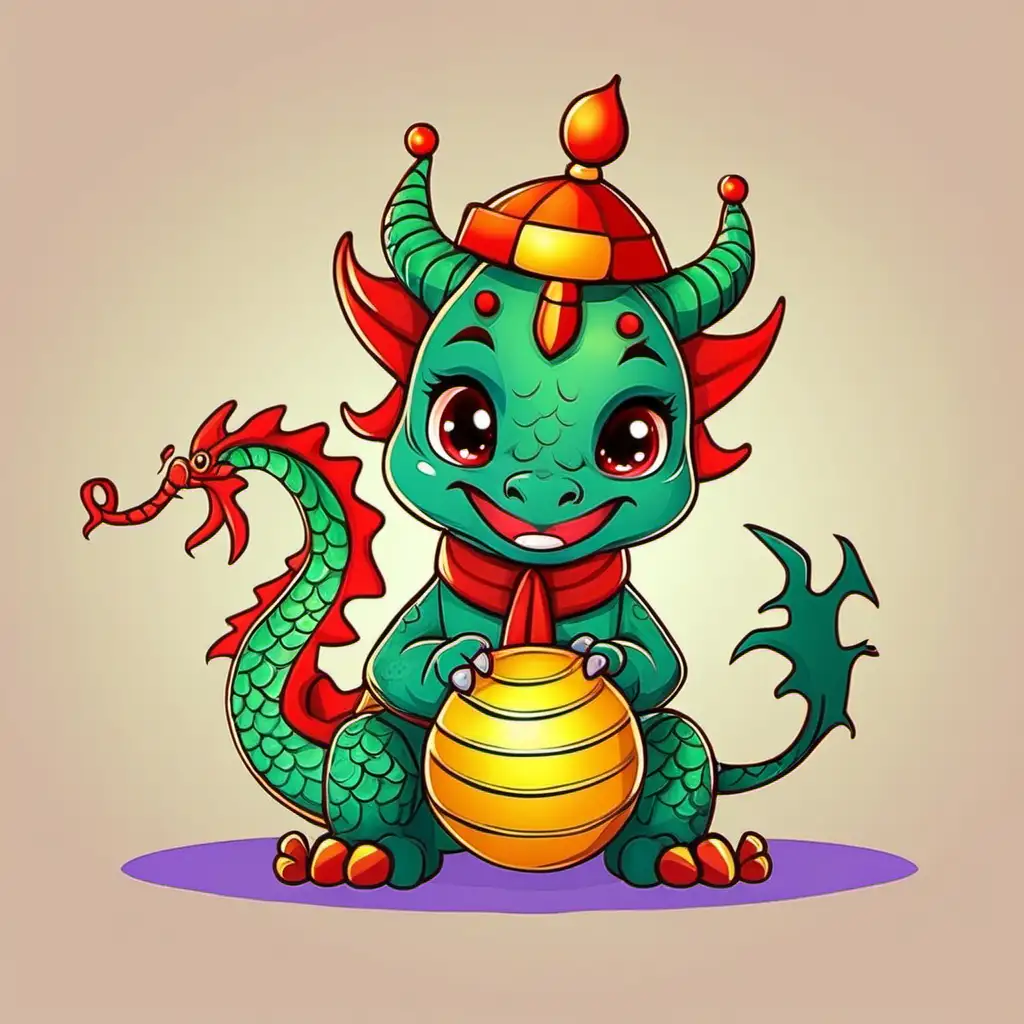 | 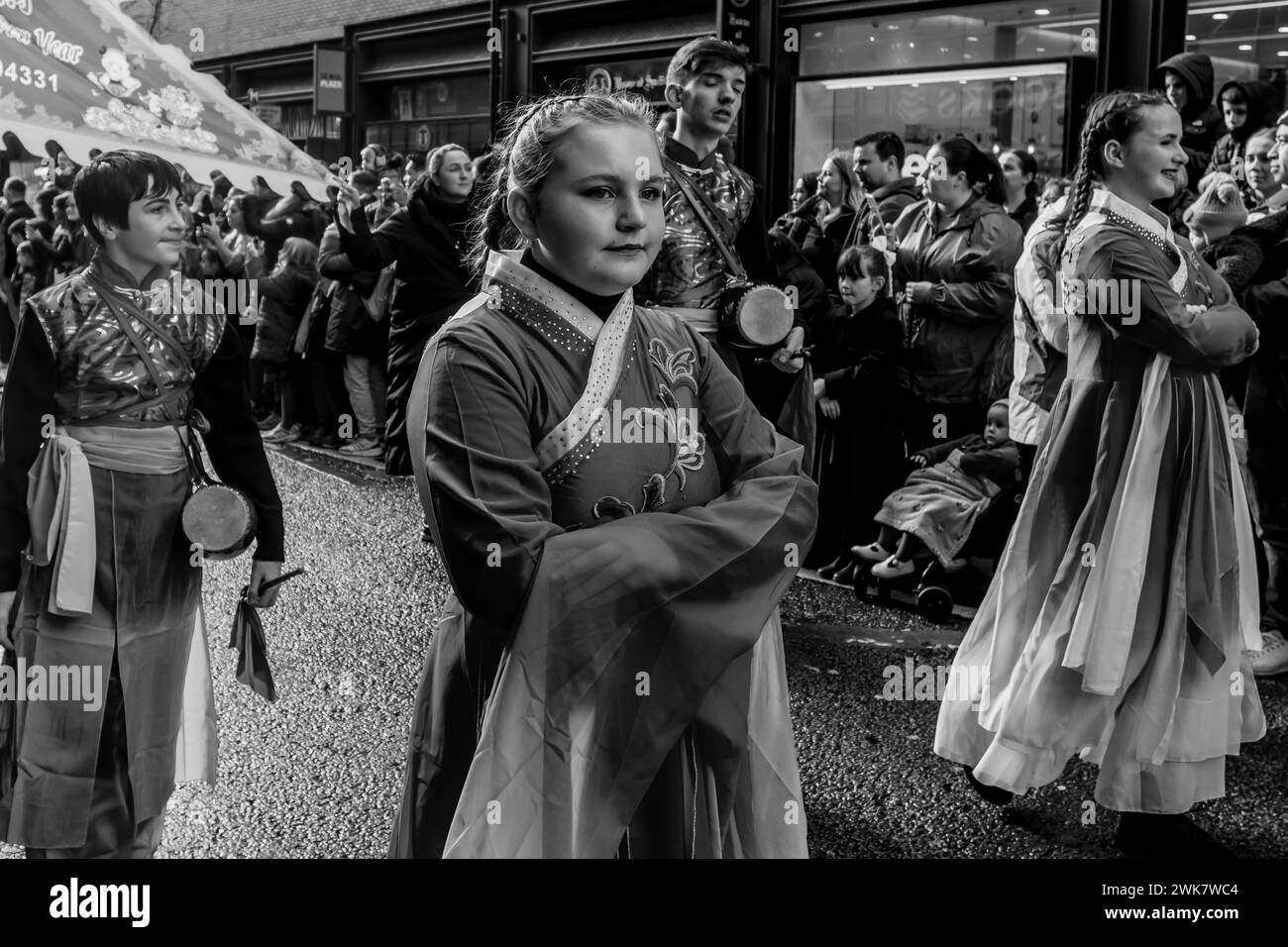 |
 | 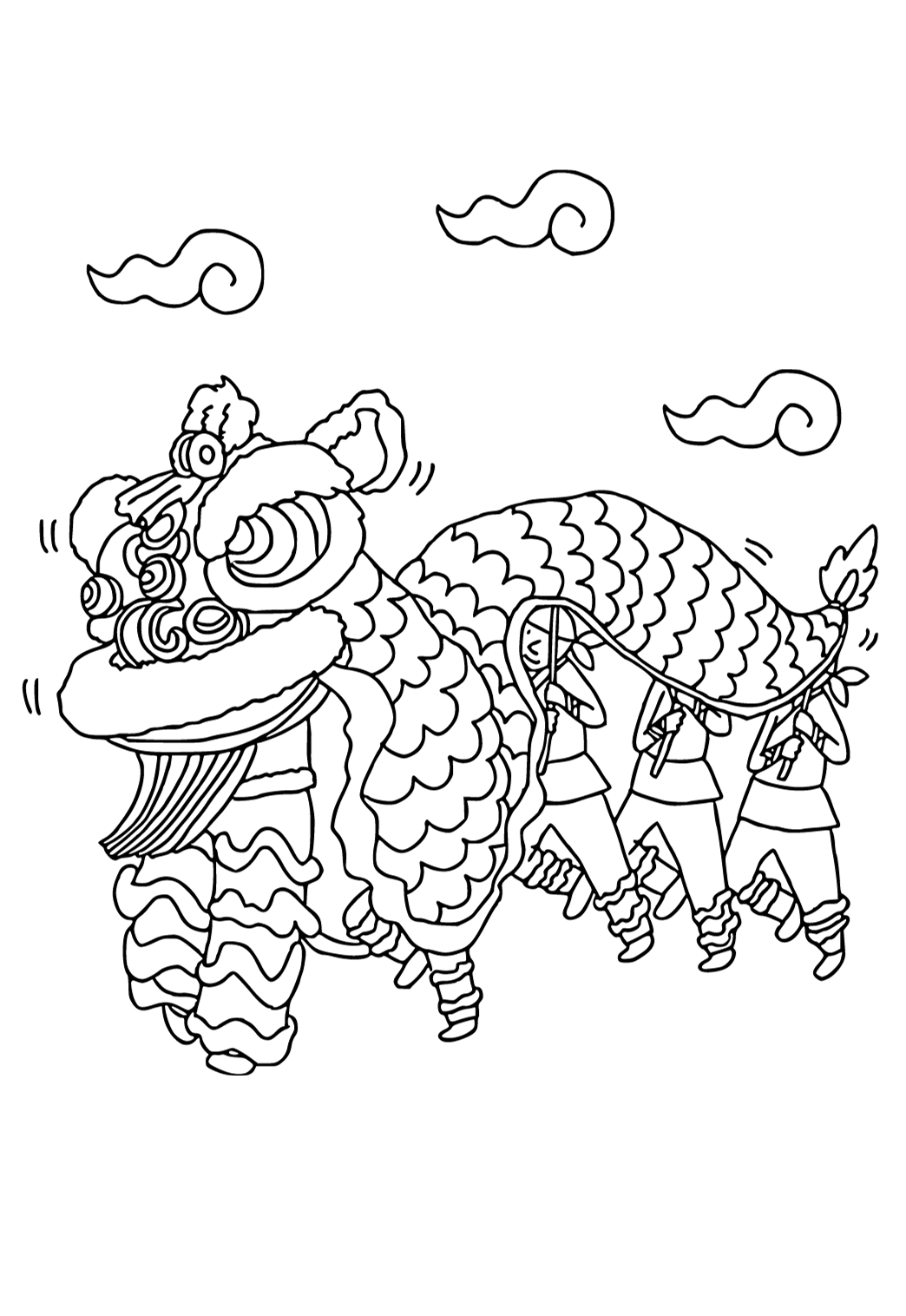 |
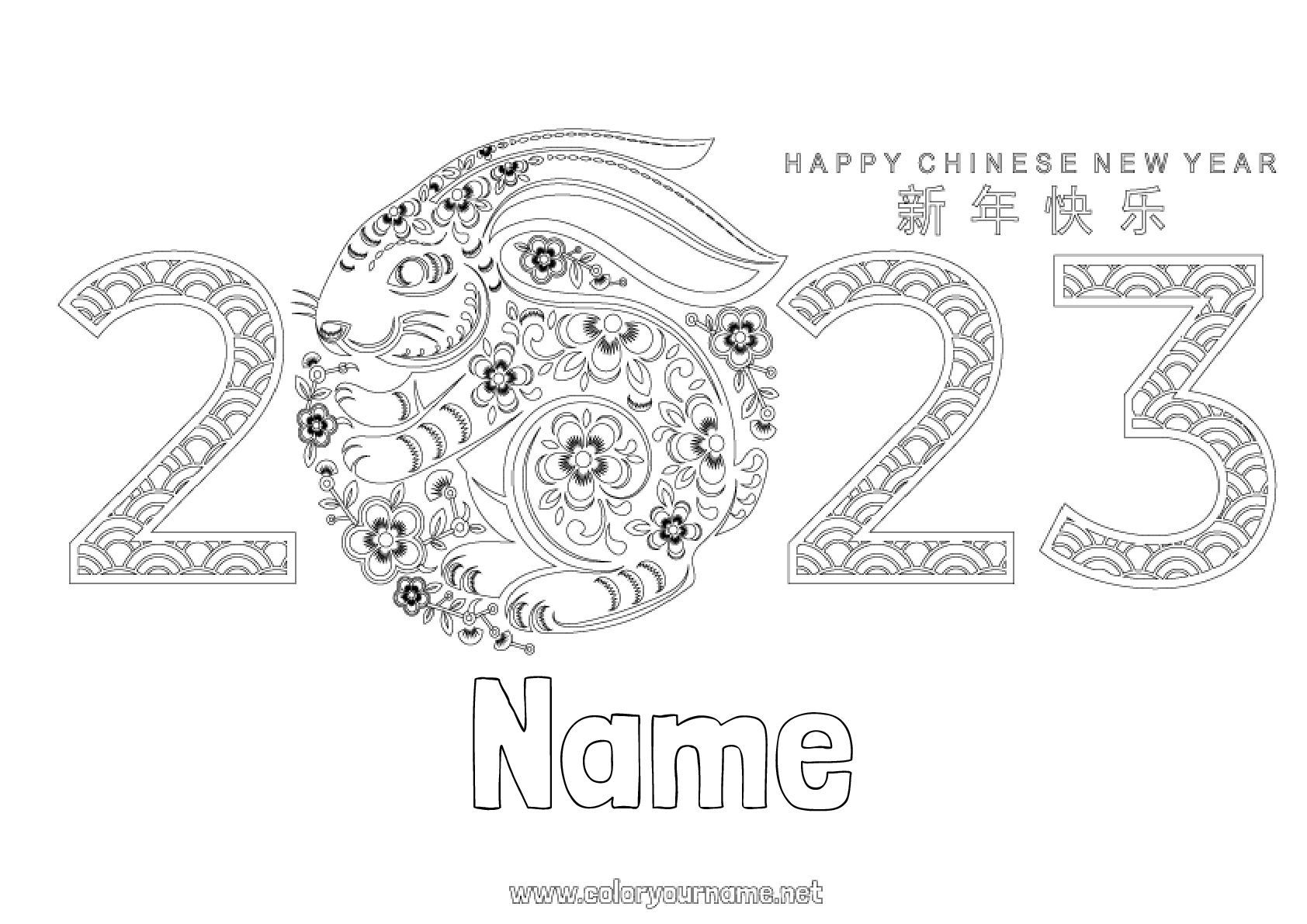 | 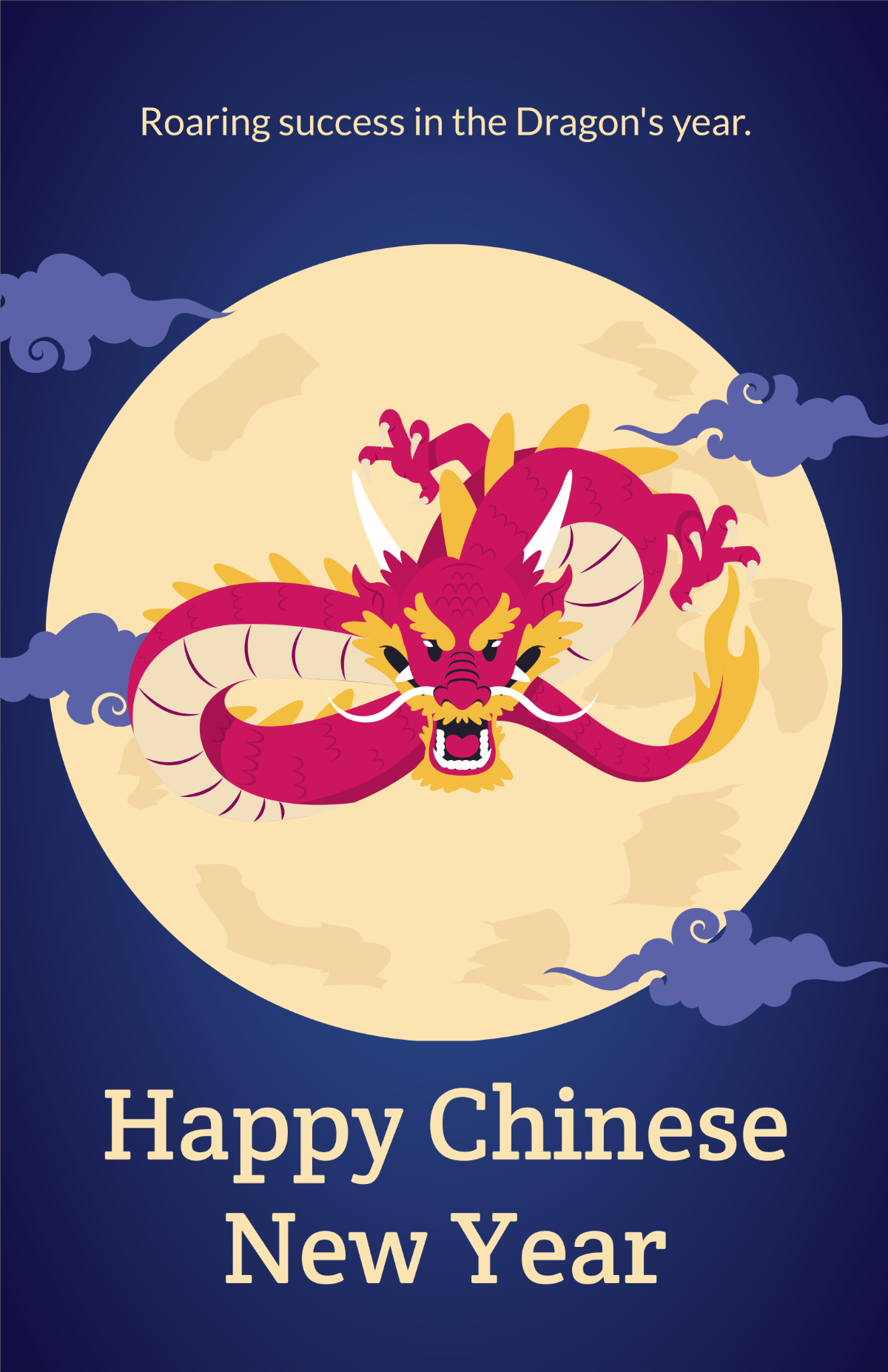 |
The Lunar New Year, also known as Chinese New Year is usually celebrated between late January and February, during the first new moon. This year, it will be on Wednesday, January 2025. But if you’re in Japan, you may be wondering, “Does Japan celebrate Chinese New Year?” Here’s what you should know. Does Japan Celebrate Chinese New Year? The two largest minority groups in Japan are Chinese and Korean, so those communities continue to observe Lunar New Year following their own traditions. The three major Chinatowns (or chūkagai 中華街) in Yokohama, Kobe, and Nagasaki are where you’ll find most celebrations for Lunar New Year in Japan. The short answer is: No. Japanese do not celebrate New Year in the same way as other Asian countries do. From the 6th Century BC, Japan had a calendar that combined lunar and solar calendars. This was used as the main way of keeping time in Japan until 1873. Despite Japan not celebrating the Lunar New Year as a whole country, there are exceptions. Primarily it is areas where there are Chinese immigrants. However, people who live on the Ryukyu Islands (Okinawa prefecture) also celebrate Lunar New Year. Though Japanese New Year no longer coincides with the Chinese Spring Festival, Japan still uses a 12-year zodiac that is very similar to the Chinese zodiac, and many nengajō feature the New Year’s zodiac animal. In 2019, Japan will celebrate the Year of the Boar. The short answer is no—Japan doesn’t officially celebrate Chinese New Year. Instead, the country follows the Gregorian calendar for its own New Year traditions, called shōgatsu , which kicks off on January 1st. Chinese merchants, diplomats, and scholars traveled to Japan, bringing with them Chinese customs, including the celebration of the Lunar New Year. These interactions helped familiarize the Japanese with Chinese traditions and fostered their adoption. While Japan does not officially celebrate the Lunar New Year, it is still recognized and acknowledged by many Japanese people. Lunar New Year is a public holiday in China, which lasts for a few days. It is also a public holiday in countries such as Brunei, Indonesia, Malaysia, North Korea, Singapore, South Korea, and Vietnam. The Ryukyuan people, due to their distinctive culture borrowing elements from Japan, Korea, Southeast Asia, and especially China, are among the few groups who celebrate the Lunar New Year. They celebrate it three times a year! The Chinese Zodiac is still a part of Japan’s New Year celebrations to this day. Despite changing to the Gregorian calendar, Japan celebrates the changing of the zodiac on January 1, welcoming any of the 12 animals: the rat, ox, tiger, rabbit, dragon, snake, horse, goat, monkey, rooster, dog and pig. Well, no more! In this article, we’ll find the answer. Keep reading to find out if Japan celebrates the Lunar New Year and all you need to know about it! Do People In Japan Celebrate Lunar New Year? The short answer is: No. Japanese do not celebrate New Year in the same way as other Asian countries do. This is the answer. When they changed the calendar to westernize, they followed suit with the New Year. Some people are still aware of lunar new year and will even do sthg like eat a special meal on the date. For example, my family had kenchinjiru on 旧正月 (old new year). Only my MIL who cooked the meal even mentioned it was old new year. Before the Meiji Restoration, Japan used the Chinese calendar and celebrated Chinese New Year just as China did. Nowadays, both Japan and China have adopted the Western calendar. However, Japan celebrates Western New Year while China still celebrates Chinese New Year. Why does today's Japan celebrate Western New Year instead of Chinese New Year? Japanese New Year falls on the 1st of January each year, following the Gregorian calendar. Chinese New Year follows the traditional lunar calendar, for instance, the first day of Chinese New Year this year falls on the 12th of February. What Japanese vs Chinese eat during the New Year Lunar new year — also known as Chinese New Year or Chinese Lunar New Year — is not only famous across East Asian countries, but also the world. It’s celebrated around late January to early February, which is the start of the new lunar calendar that bases its months on moon phases, meaning that all the countries which follow the lunar calendar join in with their own cultural version of That said, Japan does still follow the 12 year Chinese animal zodiac for years. They simply start celebrating the new animal around January 1 instead of on a lunar cycle date in mid-winter. They simply start celebrating the new animal around January 1 instead of on a lunar cycle date in mid-winter. The 2016 Chinese New Year is on February 8 th, commencing the year of the Monkey. Identified as the most famous element of the Chinese New Year is the 12 year-cycle of the animal zodiac. The Chinese New Year celebrations begin eight days before the New Year. What is Chinese New Year. Chinese New Year is an annual festival originated in China and Chinese communities around the world celebrate the beginning of a new year based on the traditional Chinese calendar. The Chinese New Year starts on the new moon which appears sometime between January 21 and February 20. In 2024, it’s from February 10 to 17! 5 1 vote Article Rating Unlike many of its neighboring countries, Japan celebrates the New Year Day on January 1 according to the Gregorian calendar. Japanese New Year, known as 正月 (shogatsu)” is a major celebration filled with unique traditions and cultural significance. It marks not only the beginning of the calendar year but also [] Here is our annual guide to help you understand New Year customs in Japan. 2025 is the Year of the Snake, according to the Chinese zodiac. New Year’s Eve - Omisoka (大晦日) Omisoka is the Japanese expression for New Year’s Eve.
Articles and news, personal stories, interviews with experts.
Photos from events, contest for the best costume, videos from master classes.
 |  |
 |  |
 |  |
 |  |
 |  |
 |  |